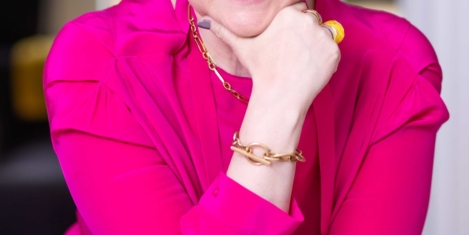To provide the best experiences, we use technologies like cookies to store and/or access device information. Consenting to these technologies will allow us to process data such as browsing behaviour or unique IDs on this site. Not consenting or withdrawing consent, may adversely affect certain features and functions.
The technical storage or access is strictly necessary for the legitimate purpose of enabling the use of a specific service explicitly requested by the subscriber or user, or for the sole purpose of carrying out the transmission of a communication over an electronic communications network.
The technical storage or access is necessary for the legitimate purpose of storing preferences that are not requested by the subscriber or user.
The technical storage or access that is used exclusively for statistical purposes.
The technical storage or access that is used exclusively for anonymous statistical purposes. Without a subpoena, voluntary compliance on the part of your Internet Service Provider, or additional records from a third party, information stored or retrieved for this purpose alone cannot usually be used to identify you.
The technical storage or access is required to create user profiles to send advertising, or to track the user on a website or across several websites for similar marketing purposes.
 The integration of Artificial Intelligence into the workplace is not just a technological shift; it’s a fundamental reimagining of how we work, interact, and manage our professional environments. As AI capabilities rapidly evolve, they promise to transform every aspect of workplace design and management, from physical layouts to organizational structures and employee experiences. (more…)
The integration of Artificial Intelligence into the workplace is not just a technological shift; it’s a fundamental reimagining of how we work, interact, and manage our professional environments. As AI capabilities rapidly evolve, they promise to transform every aspect of workplace design and management, from physical layouts to organizational structures and employee experiences. (more…)
































July 16, 2024
Put on your own mask first: Leadership strategies for stress management and emotional resilience
by Bruce Watt • Comment, Wellbeing